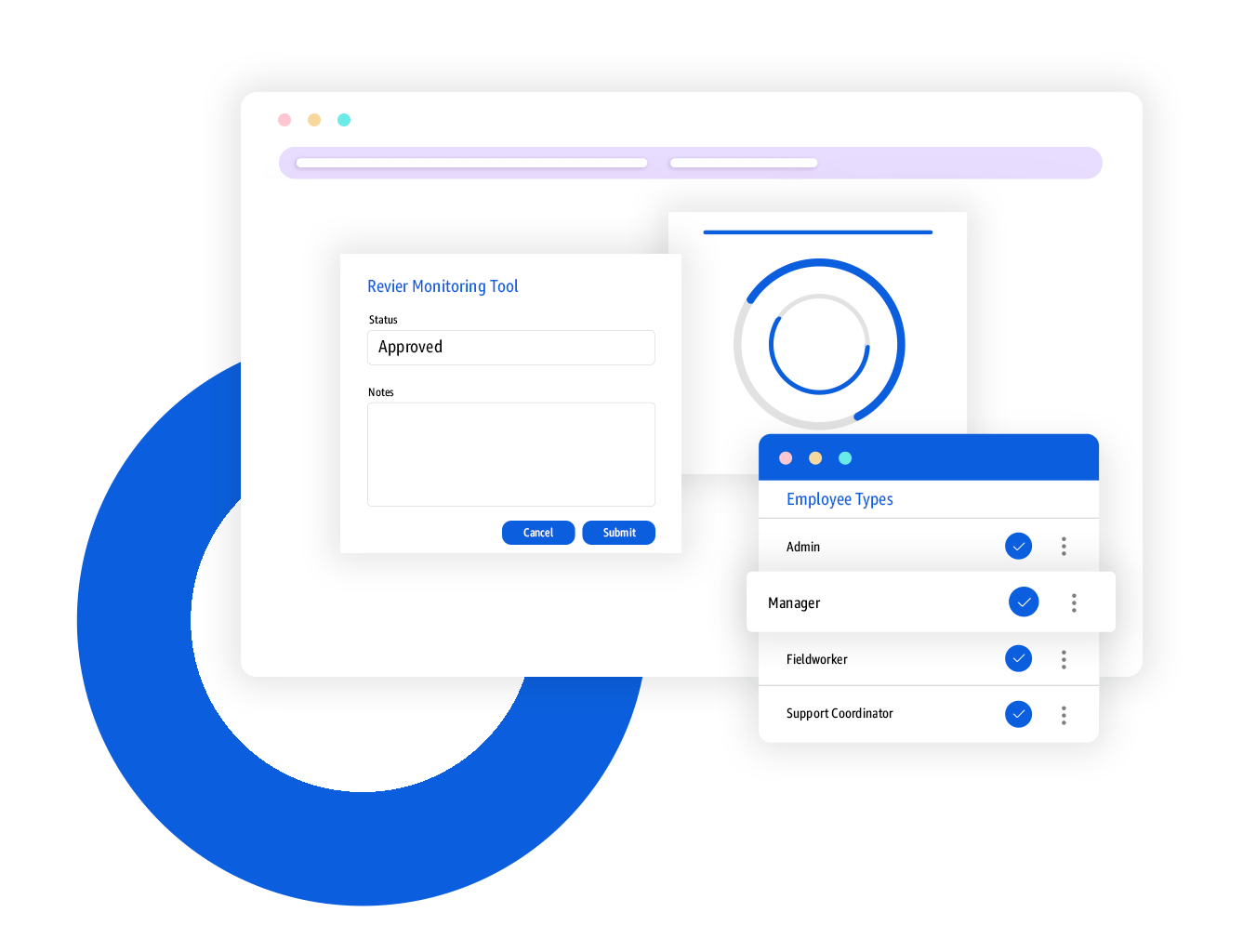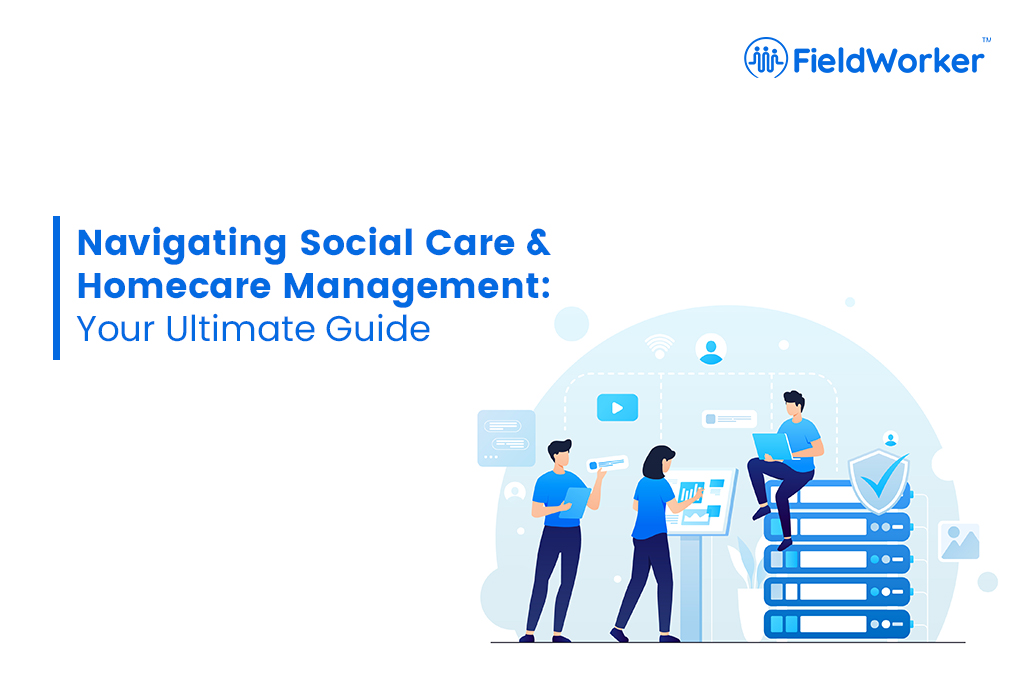Understanding Social Care Management:
Social care management is about providing and managing the care provided to individuals in need. Under social care management, one has to keep track of tasks such as creating care plans, coordinating services, monitoring progress, etc. ensuring the well-being of the individual.
Understanding Homecare Management
Homecare management implies the coordinating of services provided to individuals in their own homes to support their health and well-being. Tasks in homecare management include – scheduling caregivers, ensuring the quality of care, managing finances, coordinating medical appointments, etc.
Homecare management can be taken care of by family members or homecare agencies. The goal of homecare management is to ensure that individuals receive the necessary support they need, in order to maintain their independence, health, and quality of life while staying in their own homes.
Social Care Management vs. Homecare Management
| Social Care Management | Homecare Management |
| Social care covers a broader range of support services when compared to homecare. | Homecare focuses on providing assistance with everyday activities to an individual. |
| Social care services are provided at places such as community centers, care centers, individual care facilities, etc. | Homecare services are delivered within the home of the individual. |
| Social care may involve a team of professionals such as counselors, professional care providers, professional support providers, etc. | Homecare involves assistance at a more personal level such as nurses, home health aides, and other health professionals. |
| Social care focuses on community care. | Homecare focuses on direct care. |
| Social care agencies are funded by the government, charities, and social care organizations. | Home care agencies are funded by various sources. |
Homecare management and social care have different financing sources, professional responsibilities, settings, and focuses, but they both aim to serve those in need. Both are crucial elements of an all-encompassing care system intended to address the many needs of people within communities.
Social Care Management Software
Social care management software is a specialized tool designed to streamline and optimize the delivery of social care services. Key features of social care management software typically include:
Homecare Management Software
Homecare Management Software is designed to streamline the overall care delivery digitally. The software helps in optimizing various tasks that help care providers with case management. Key features of homecare management software typically include:
Conclusion
Care delivery is a critical concept. Any professional/agency involved in care delivery has to ensure that they maintain the quality of delivery and satisfy their client. Care delivery involves a lot of sensitivity, care, time, and patience. It is essential for care providers and care managers to ensure that they manage their time aligning it with the needs of clients and achieving their goals as well. Balancing both scales can sometimes get difficult, which is where care management software comes in.
A care management software helps in streamlining the overall process of a care provider/care management agency. A good software such as FieldWorker can help you become the best agency in your field. The tools of the platform help in improving the overall operational efficiency of an agency, and deliver better quality care. FieldWorker can help professionals track their time and unit utilization through accurate activity tracking. Fieldworker also enables you to maintain better client information through digital case notes.
With Fieldworker’s dashboard and checklist features, you will never miss a deadline and will stay on track with all your goals. Fieldworker also brings you seamless finances and billing, assuring audit readiness, always!
Fieldworker is the one-stop solution you need to become the best agency in your field.

